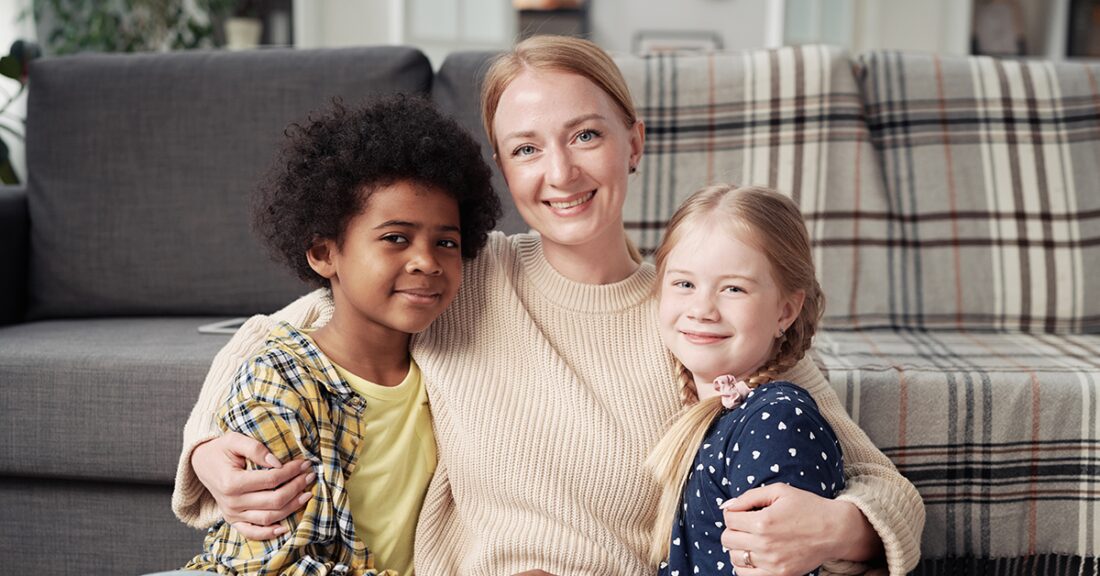The Toll of Institutional Placements and the Case for Family-Based Foster Care

The Education and Employment Ministry (TEEM), an Annie E. Casey Foundation grantee, is a nonprofit providing learning opportunities to people who are incarcerated. As a leading partner in the Foundation’s child welfare efforts in Oklahoma, it is helping engage the state’s child welfare change makers to promote family-based foster care and reduce reliance on group placement settings for children and youth.
Cross-System Collaboration
TEEM brings unique expertise to this effort as the community facilitator and leader for the Oklahoma initiative. The Casey Foundation provides technical assistance to help the organization and its partners develop a deeper understanding of and skills for shared decision-making as they design child welfare solutions. The work of ending the need for group placements requires an understanding that the responsibility of improving family outcomes falls on more than just the child welfare system.
“Systems have a tendency to work in silos, but the connections are there. And it shows when we talk to individuals who have been impacted by the criminal legal system and hear that many of them have been in foster care themselves or are parents of children who have entered care,” says Kris Steele, executive director of TEEM.
To illustrate these connections, TEEM produced Voices on the Inside, in which four women incarcerated at the Mabel Bassett Correctional Center reflect on their childhood and young adult experiences.
The video underscores the implications of placements in institutional settings — not just for adults who are incarcerated, but for young people placed in foster care group settings. Each woman shares how support from the child welfare system might have kept their families together and altered their life trajectories. TEEM shared the video at the 2023 Association for Justice-Involved Females and Organizations conference.
“[TEEM’s] perspective has allowed us to draw connections between the child welfare and adult justice systems and gain input from individuals we otherwise wouldn’t have reached,” says Amelia Frank, a senior associate with Casey’s Family Well-Being Strategy Group. “As seen through Voices on the Inside, the experiences of adults who have been impacted by incarceration are all too closely related to the experiences of young people in foster care who are placed into group settings.”
The Importance of Reducing Group Placements
More than 35,000 U.S. children, about 9% of all children in foster care, live in group homes or other institutions across the country. Children of color are disproportionately represented in these settings as their families are less likely to be provided alternatives and services to keep children with parents or kin. Additionally, children of color tend to start earlier and stay longer in these placements than other children.
Young people describe group placements as prison-like, confining, restrictive and degrading — places where they do not feel loved. As such, many who have lengthy stays in group settings need support to transition successfully back into communities. In contrast, family-based foster care offers more opportunities for young people to build stable, caring relationships, participate in healthy social development activities with their peers and remain connected to their communities.






